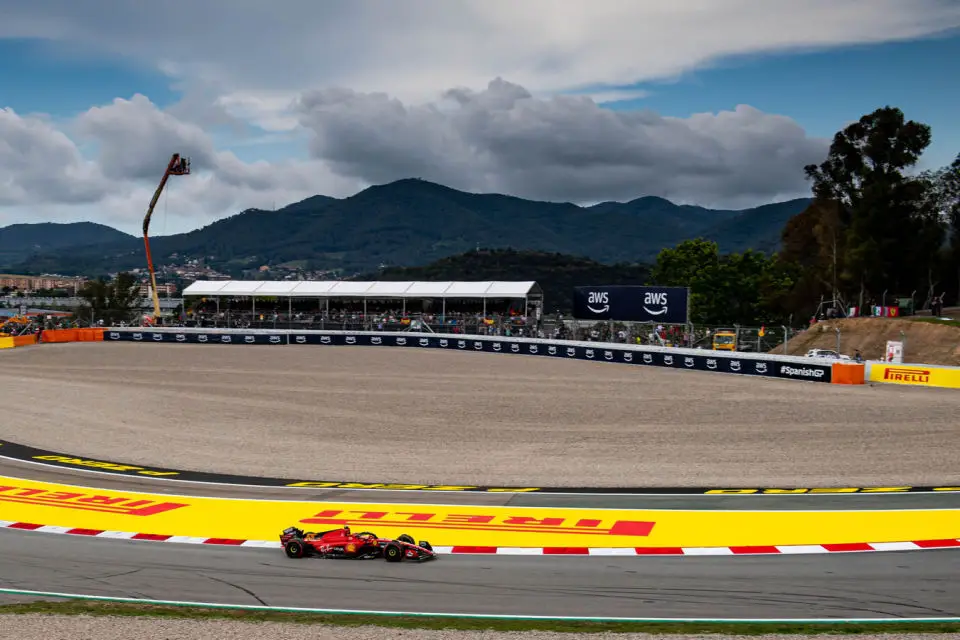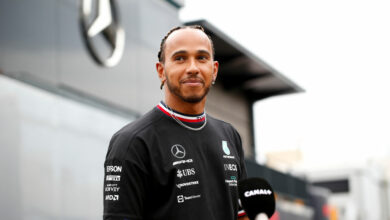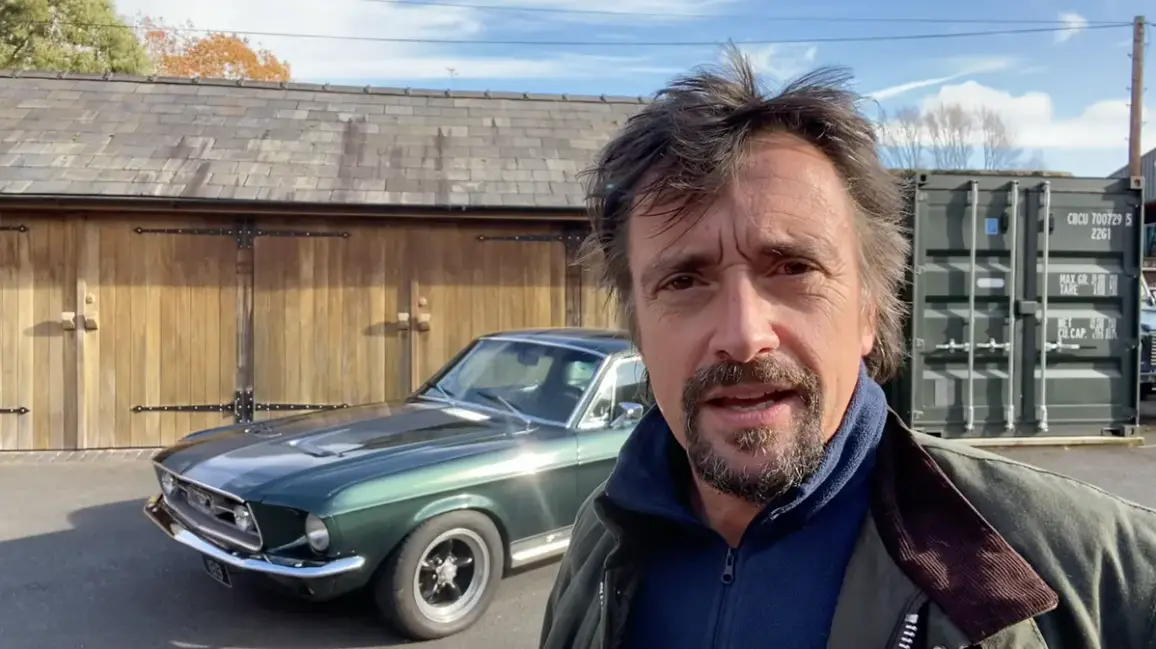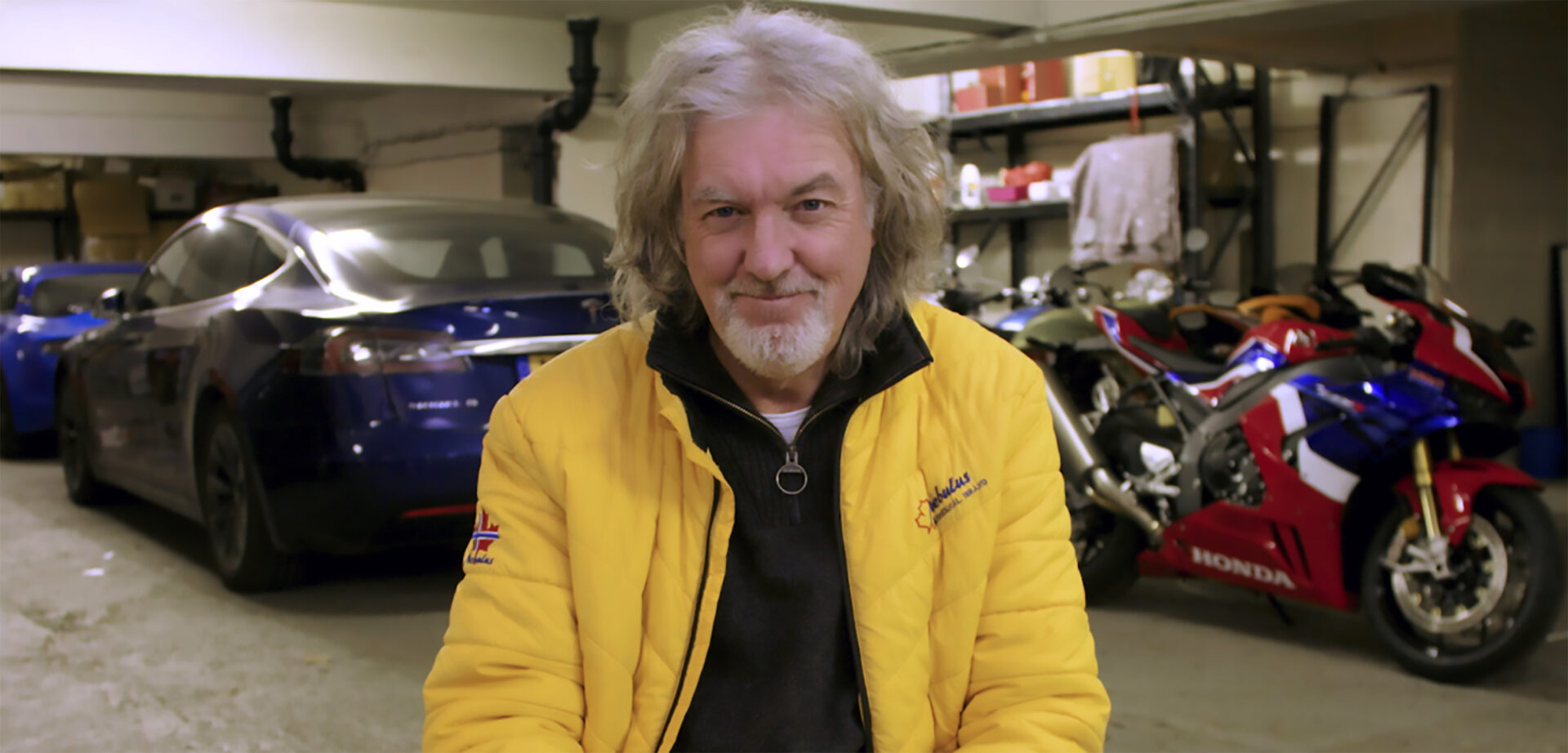F1’s Future in Spain: Domenicali Discusses Barcelona’s Role Amid Madrid’s Grand Prix Arrival
In a recent statement, F1 CEO Stefano Domenicali provided clarity on the future of the Spanish Grand Prix, particularly the role of Barcelona following the confirmation of Madrid as a new host. His comments reveal potential plans for Barcelona’s continued involvement in F1.
Key Takeaways
- Barcelona’s Continuing Role in Formula 1: Despite Madrid’s introduction to the F1 calendar, the Circuit de Barcelona-Catalunya remains a key player. Stefano Domenicali has hinted at ongoing discussions for Barcelona to possibly host a second Spanish race, reflecting Spain’s history of dual F1 events.
- Spain’s Ascending Profile in F1: The growing interest in Formula 1 within Spain is underscored by the presence of drivers Fernando Alonso and Carlos Sainz and the recent renewal of a broadcasting deal with DAZN until at least 2026.
- Madrid’s Commitment and Eco-Friendly Approach: Madrid’s entrance into F1, with a contract running until 2035, showcases a trend towards longer-term agreements. The city’s focus on hosting an environmentally sustainable event aligns with F1’s ambition to achieve Net Zero Carbon by 2030.


In light of Madrid’s upcoming debut as the host of the Spanish Grand Prix in 2026, there’s been much speculation about the future of Barcelona in the F1 calendar. F1 CEO Stefano Domenicali addressed these concerns, suggesting that Barcelona may still have a significant role in future seasons. He said, “For the avoidance of doubt and to clarify here, the fact we are in Madrid is not excluding the fact we could stay in Barcelona for the future.”
Domenicali’s remarks, reported by Autosport.com, emphasize the strength of F1’s relationship with Barcelona and the ongoing negotiations for its possible continued involvement. “Looking ahead, there are discussions in place to see if we can really extend our collaboration with Barcelona, with whom we have a very good relationship,” he elaborated.
The CEO also highlighted the growing significance of the Spanish market for Formula 1, a change from just a few years ago. This renewed focus is partly due to the popularity of Spanish drivers Alonso and Sainz, as well as a new broadcasting deal with DAZN. “Spain was a market that just a couple of years ago, was not in the centre of our eyes. Now it is very important,” Domenicali observed.
Madrid’s entry into the F1 scene is a testament to the sport’s global appeal and the willingness of European cities to invest in it. “It’s great news for F1 as it shows once again that there is strong appetite around the world for our sport,” Domenicali commented. He also noted Madrid’s commitment to an eco-friendly and fan-focused event, which is in harmony with F1’s environmental objectives. “And IFEMA MADRID shares our vision and ambition to make the Spanish GP in Madrid one of the most accessible and sustainable F1 events on the calendar,” he added.
The Madrid Grand Prix is set to be a pioneering event in terms of sustainability and accessibility. The city’s plans for excellent transport connectivity and the promotion of public transport usage among attendees align with Formula 1’s goal of reaching Net Zero Carbon by 2030, marking a new era in the sport’s history.



